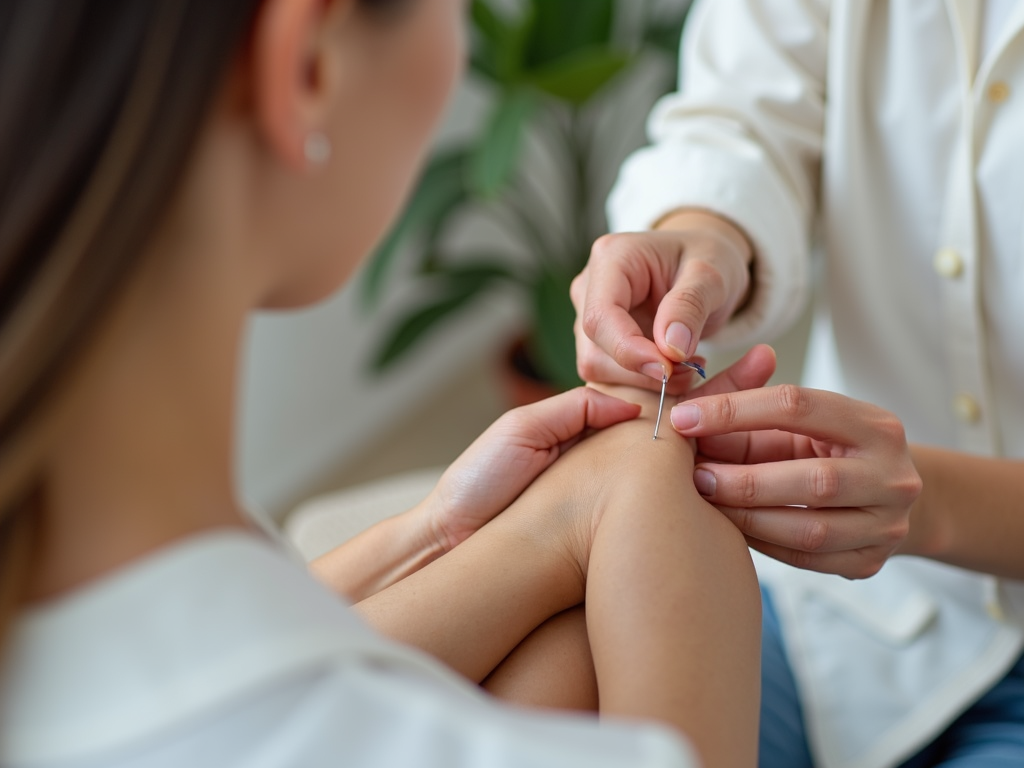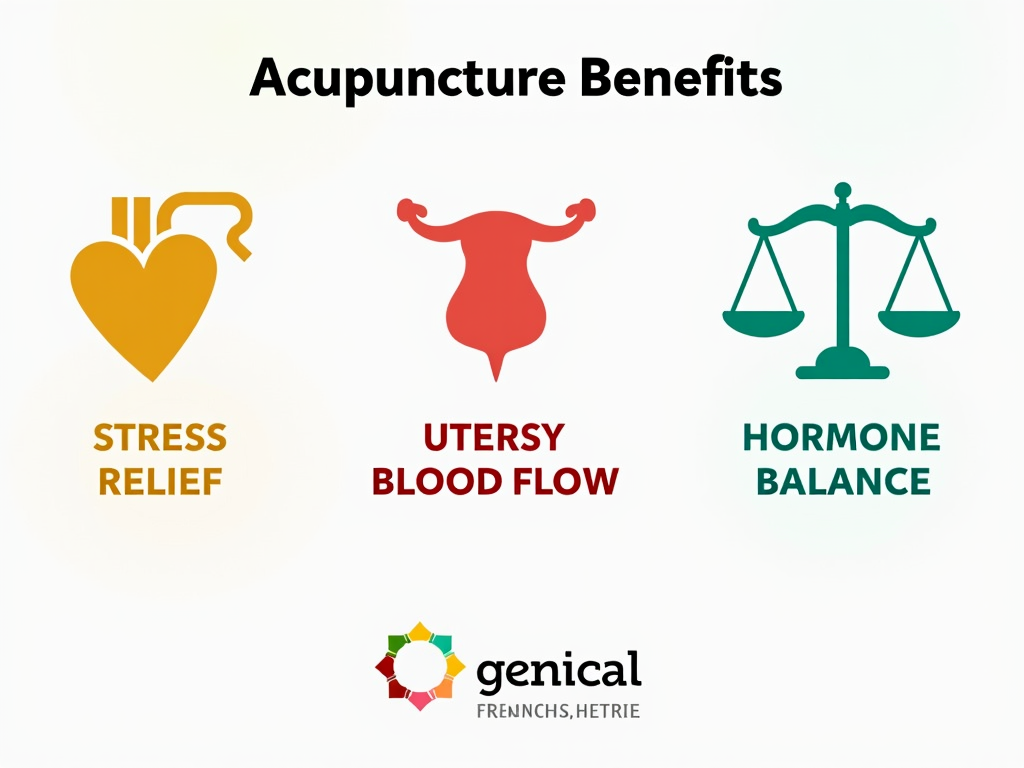Unexplained Infertility and Acupuncture: A Journey of Hope and Healing
April 2, 2025, 5:34 p.m.
Overview: A Glimpse into Unexplained Infertility and Acupuncture
Unexplained infertility affects 10-30% of couples trying to conceive, leaving them frustrated with no clear answers. Acupuncture, an ancient practice from Chinese medicine, is gaining attention as a possible aid. This article dives into how it works, what research says, and real stories of hope.
What Is Unexplained Infertility?
Imagine running every test—semen analysis, ovulation checks, tube imaging—and everything looks fine. Yet, pregnancy doesn’t happen. That’s unexplained infertility. It’s a common struggle, hitting many couples after months or years of trying. The lack of a ‘why’ can feel crushing, but it doesn’t mean the journey’s over.

Acupuncture 101: The Basics
Acupuncture comes from traditional Chinese medicine. It’s about balancing your body’s energy, called 'qi,' by placing tiny needles in specific spots. Sounds intense, right? But the needles are so thin, most people barely feel them—just a pinch or warmth. Sessions often feel calming, like a break from the chaos.
Why Consider Acupuncture for Infertility?
For couples facing female infertility or unexplained cases, acupuncture offers a natural option. It’s not a cure-all, but some believe it helps by reducing stress, balancing hormones, or boosting blood flow to reproductive organs. It’s often paired with treatments like IVF, but can it stand alone? Let’s explore.

What Does the Research Say?
Studies on unexplained infertility and acupuncture show mixed results. A 2019 review in Fertility and Sterility found acupuncture might boost IVF success rates by up to 10%. But for those not using IVF, the evidence is thinner. Smaller studies hint at better ovulation or menstrual cycles, though more research is needed.
Real Stories: Hope in Action
Sarah, 32, tried for three years with no answers. Tests were normal, but pregnancy wouldn’t come. She started acupuncture reluctantly. After three months, her cycles regulated, and stress eased. Six months later, she conceived naturally. Coincidence? Maybe, but she credits those needles.
Then there’s Lisa, who faced two miscarriages. She found an acupuncturist focused on fertility. A few months in, she got pregnant again—and this time, it held. Now she’s mom to a healthy boy. These stories aren’t proof, but they light a spark of possibility.

How Might Acupuncture Help?
Here’s what experts think acupuncture could do for infertility:
- Stress Relief: Conceiving is stressful. Acupuncture lowers stress, which might help your body relax and function better.
- Hormone Balance: It may tweak hormones needed for ovulation or implantation.
- Better Blood Flow: More circulation to the uterus and ovaries could improve egg quality or lining.
- Immune Support: It might calm an overactive immune system, a hidden infertility factor.
What Happens During a Session?
Your first visit starts with a chat—your health, your struggles, your goals. The acupuncturist designs a plan, maybe weekly visits. You lie down, needles go in (don’t worry, it’s quick), and you rest for 20-30 minutes. Many leave feeling refreshed, not poked.

Finding the Right Acupuncturist
Not every acupuncturist knows fertility. Seek one with experience in reproductive health—check for 'L.Ac.' or 'Dipl. Ac.' credentials. Ask friends, your doctor, or read reviews online. A good match makes a difference.
Cost and Coverage
Sessions can run $50-$150 each. Insurance often skips acupuncture for infertility, but some plans cover it—call to check. Look for discounts or packages if cash is tight.
Pairing Acupuncture with Other Treatments
Many use acupuncture alongside IVF or IUI. Some clinics even suggest it during embryo transfer, citing studies showing higher success rates. For unexplained infertility alone, it’s less studied but still a popular choice.

Risks to Know
Acupuncture is safe with a pro, but minor stuff like bruising or tiredness can happen. Rare risks—like infection—come from unsterile needles. Stick to licensed folks with disposable tools, and you’re golden.
When to Try It
Been trying a year (or six months if over 35) with no luck? Acupuncture might be worth a shot. It’s non-invasive and low-risk. Just know it’s not instant—give it a few months to see if it clicks.
The Emotional Side
Infertility wears you down—hope one day, heartbreak the next. Acupuncture isn’t just physical; it’s a mental reset. Women say it helps them feel proactive, even if the test stays negative. That counts.

Wrapping Up: A Piece of the Puzzle
Unexplained infertility is tricky, and acupuncture isn’t a guaranteed fix. But as part of a bigger plan—stress management, lifestyle tweaks, maybe medical help—it could play a role. It’s about finding what works for you. You’re not alone, and there’s hope ahead.